When choosing a dog breed, potential owners often consider factors such as temperament, size, and energy levels. However, the health of a breed is equally crucial, as it can significantly influence the dog’s quality of life and the financial and emotional commitment required from the owner. Some breeds are genetically predisposed to fewer health problems and are known for their longevity and vigor throughout life. These breeds typically have fewer inherited diseases and benefit from robust genetic diversity, which contributes to their overall well-being. In this article, we explore twelve dog breeds recognized for their health and low predisposition to genetic disorders. These breeds are often considered among the healthiest and are known for their active and robust lifestyles, making them excellent companions for families, singles, and active seniors alike.
1. Australian Cattle Dog
Australian Cattle Dogs are renowned for their endurance and vigor, traits that contribute to their status as one of the healthiest breeds. Originally bred for herding cattle over vast distances in Australia, they possess a sturdy build and a resilient nature. Their genetic makeup helps them resist many of the congenital health issues that plague other breeds. Regular physical activity and mental stimulation are crucial for keeping them in good health, but with proper care, Australian Cattle Dogs can live long, healthy lives, often reaching up to 15 years or more.
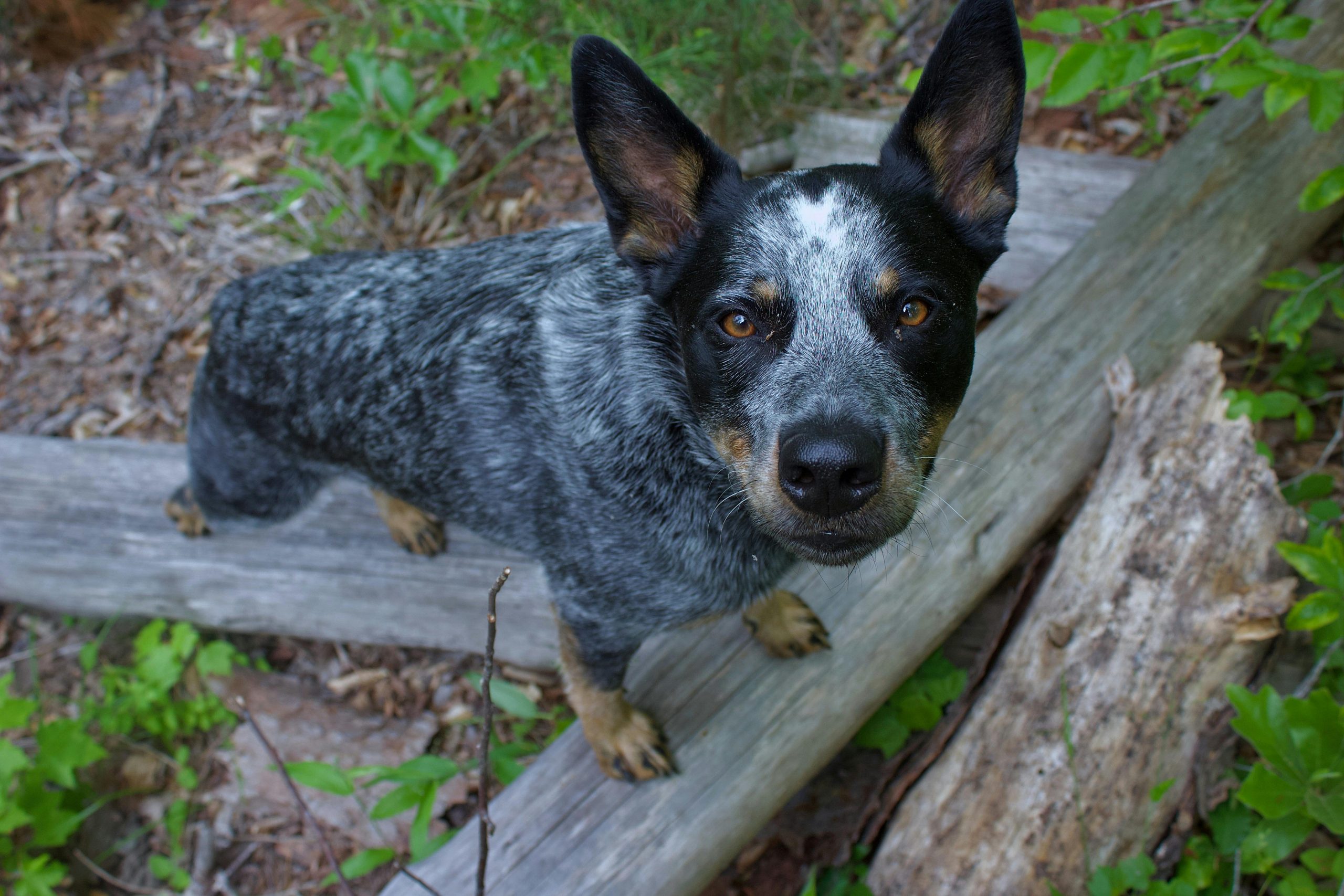
2. Basenji
The Basenji, often called the “African Barkless Dog,” is known for its unique yodel-like bark and lack of typical dog odor. This breed is not only fascinating in terms of behavior but also boasts a remarkable record of health. Basenjis are less prone to common genetic disorders found in other breeds. Their ancient lineage contributes to a strong genetic pool, which helps in maintaining their overall robust health. Regular check-ups and preventive care can help ensure that these dogs enjoy a life relatively free of the serious health issues that can affect other breeds.
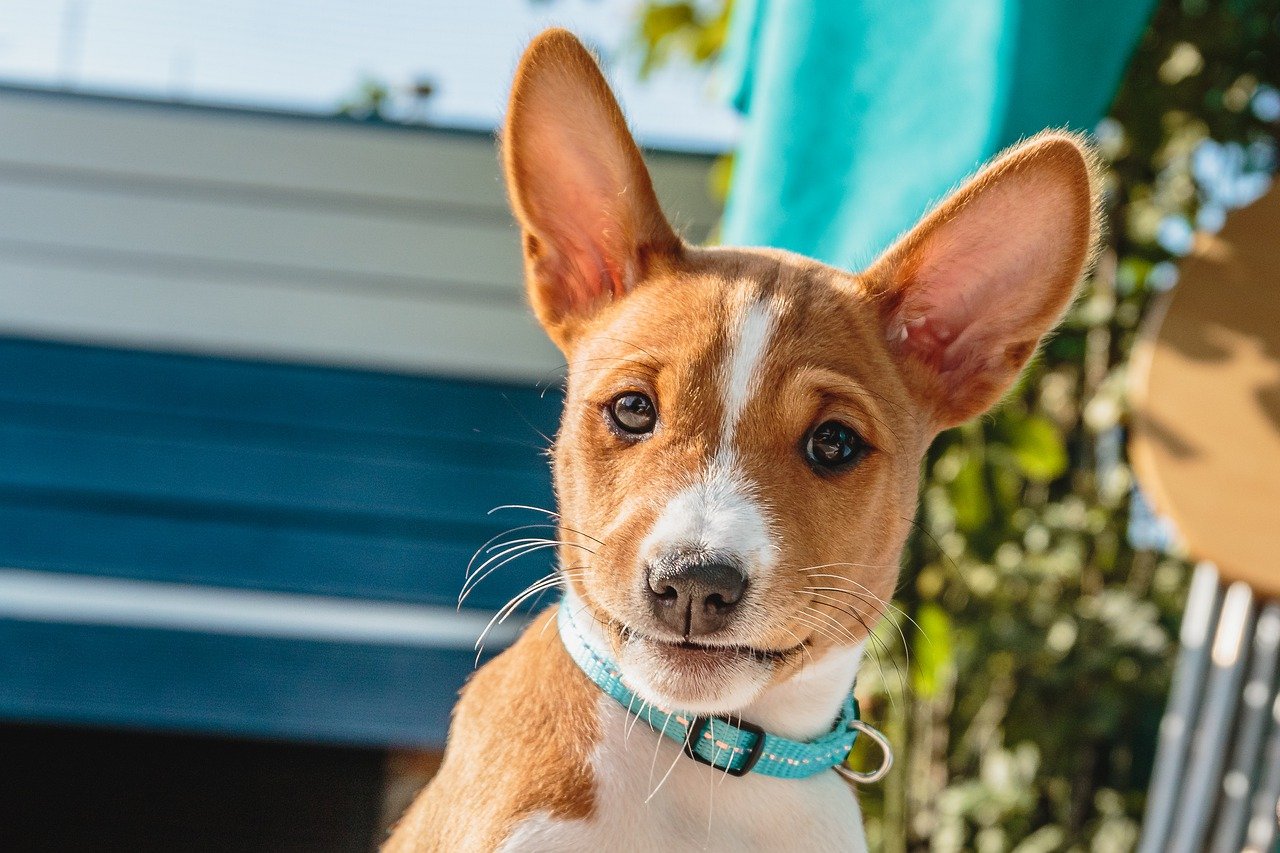
3. Greyhound
Greyhounds, famous for their incredible speed and grace, are also among the healthiest dog breeds. They are less prone to hereditary diseases that are common in other breeds, though they do require attention to their dental health and can be susceptible to bloat. With their lean physique and an adaptive nature, Greyhounds make excellent pets and tend to maintain good health with proper care and regular exercise. Their calm demeanor also contributes to less stress-related health issues.
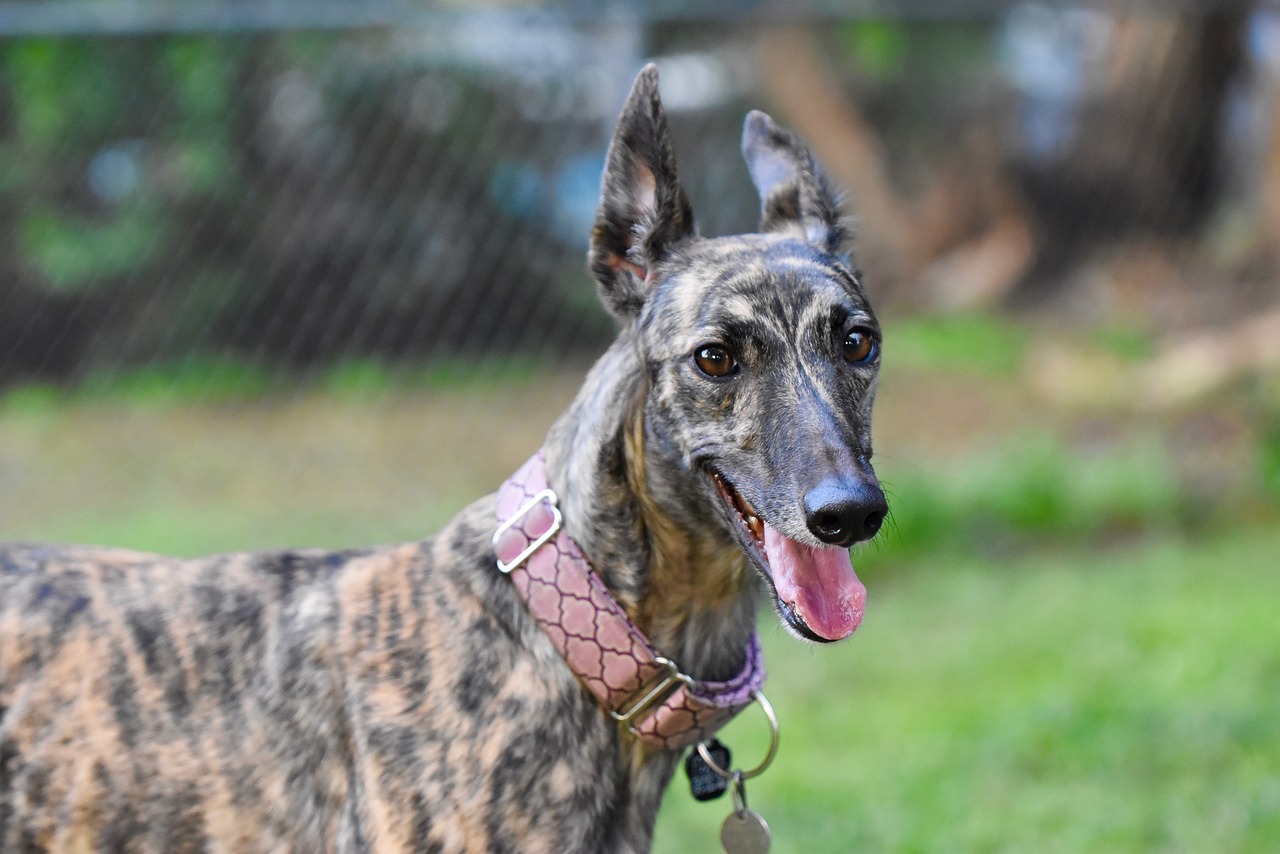
4. Havanese
The Havanese, a small breed known for its longer lifespan and general robust health, is a great companion dog. They are relatively free from the genetic disorders that can affect other small breeds such as luxating patella or severe dental issues. Their cheerful and affectionate nature means they are less prone to stress, which can contribute to overall good health. Regular grooming and proper dental care are essential to keep them in top condition.

5. Shiba Inu
Originating from Japan, the Shiba Inu is another breed with a reputation for health and longevity. They possess a bold, spirited nature and are less likely to suffer from genetic disorders than many other breeds. Shibas require regular exercise to maintain their health and mental well-being, but they typically enjoy a long life with few health complications when well-cared-for.
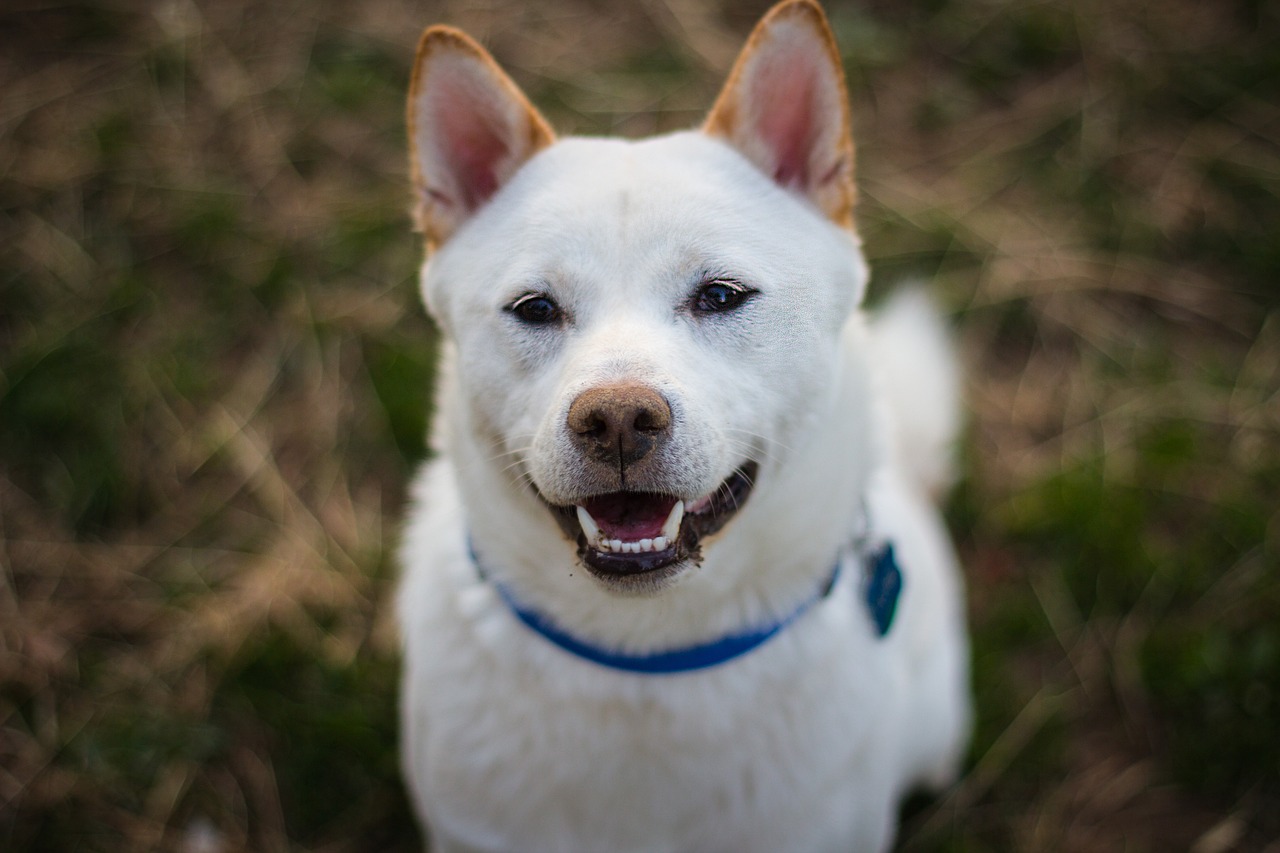
6. Siberian Husky
Siberian Huskies are not only known for their stunning appearance and vibrant energy but also for their general good health. They were originally bred by the Chukchi people in Siberia, where only the healthiest dogs were bred over generations. Huskies are prone to some issues like hip dysplasia and eye problems, but these are relatively minor when compared to the breed’s overall robust health. Regular exercise and a well-monitored diet can help keep them healthy.
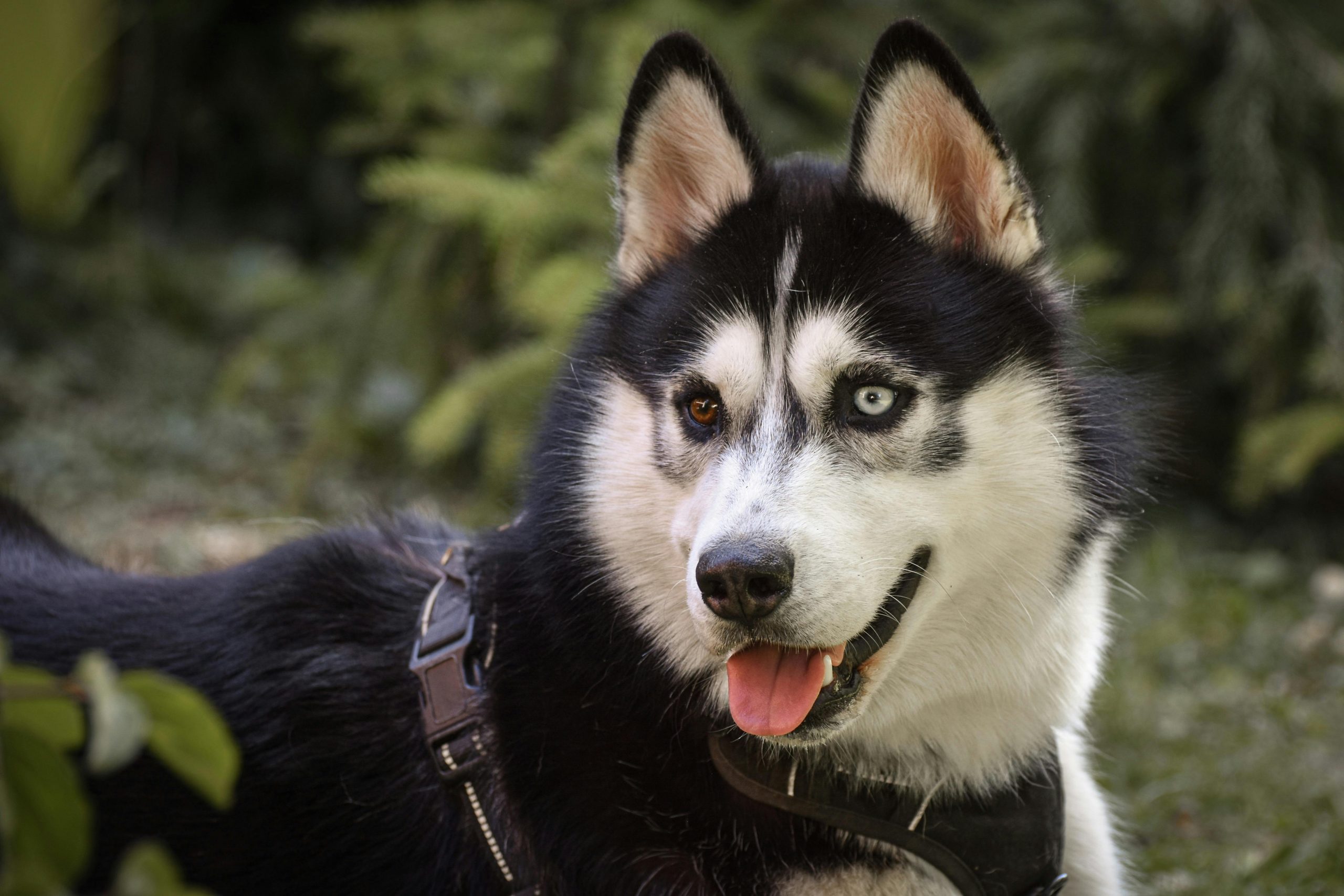
7. English Springer Spaniel
English Springer Spaniels are known for their friendly and eager-to-please nature, and they are generally healthy dogs. They do well with regular exercise and are less prone to serious genetic disorders, although like all breeds, they can experience issues like hip dysplasia and retinal atrophy. Careful breeding and regular veterinary check-ups can help ensure that they live a full and healthy life.
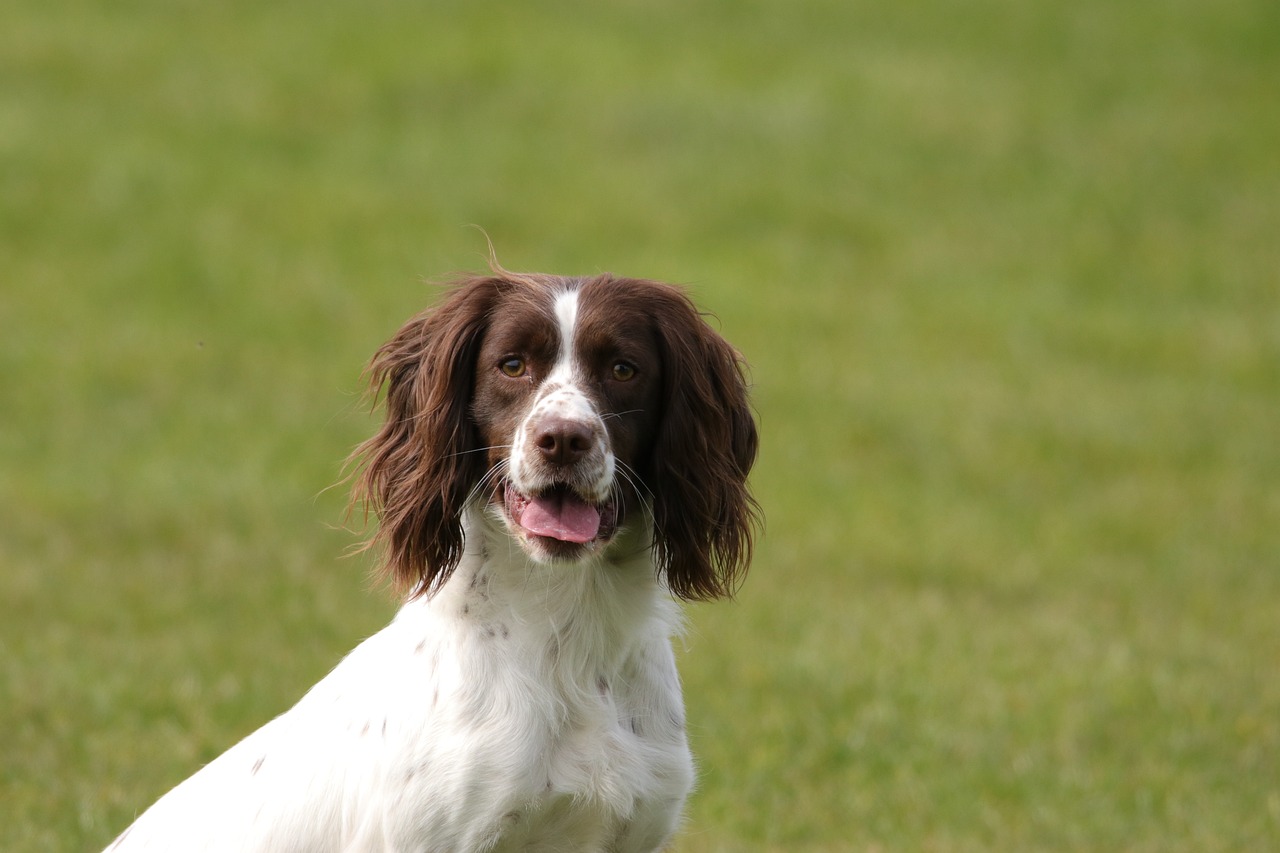
8. Border Collie
Border Collies are not only one of the most intelligent dog breeds but also one of the healthiest. They are energetic and require extensive exercise, which helps maintain their physical health. While they can be prone to some genetic issues like collie eye anomaly and hip dysplasia, these are not widespread. With proper care, regular exercise, and mental stimulation, Border Collies can enjoy a long and healthy life.
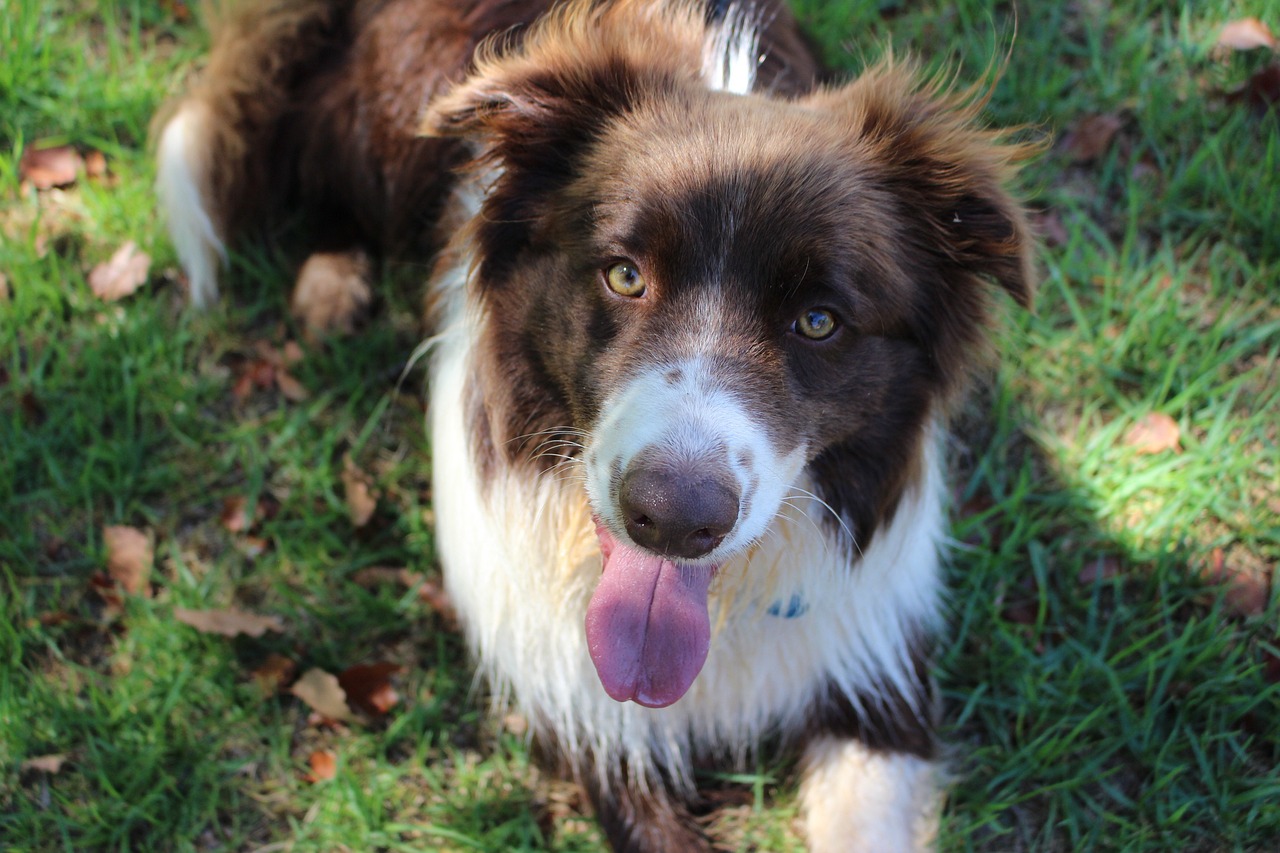
9. Whippet
Whippets are known for their speed and agility and are generally healthy dogs with few genetic health issues. They are prone to arrhythmia, but with good care, the condition is manageable. Their short coat requires minimal grooming, and their calm temperament contributes to a stress-free lifestyle that supports overall health.

10. Beagle
Beagles are not only charming and friendly but also typically healthy dogs. They are known to suffer from few hereditary health issues compared to other breeds, though they should be monitored for obesity, which can lead to other health problems. Regular physical activity and controlled diet are key to keeping them healthy.
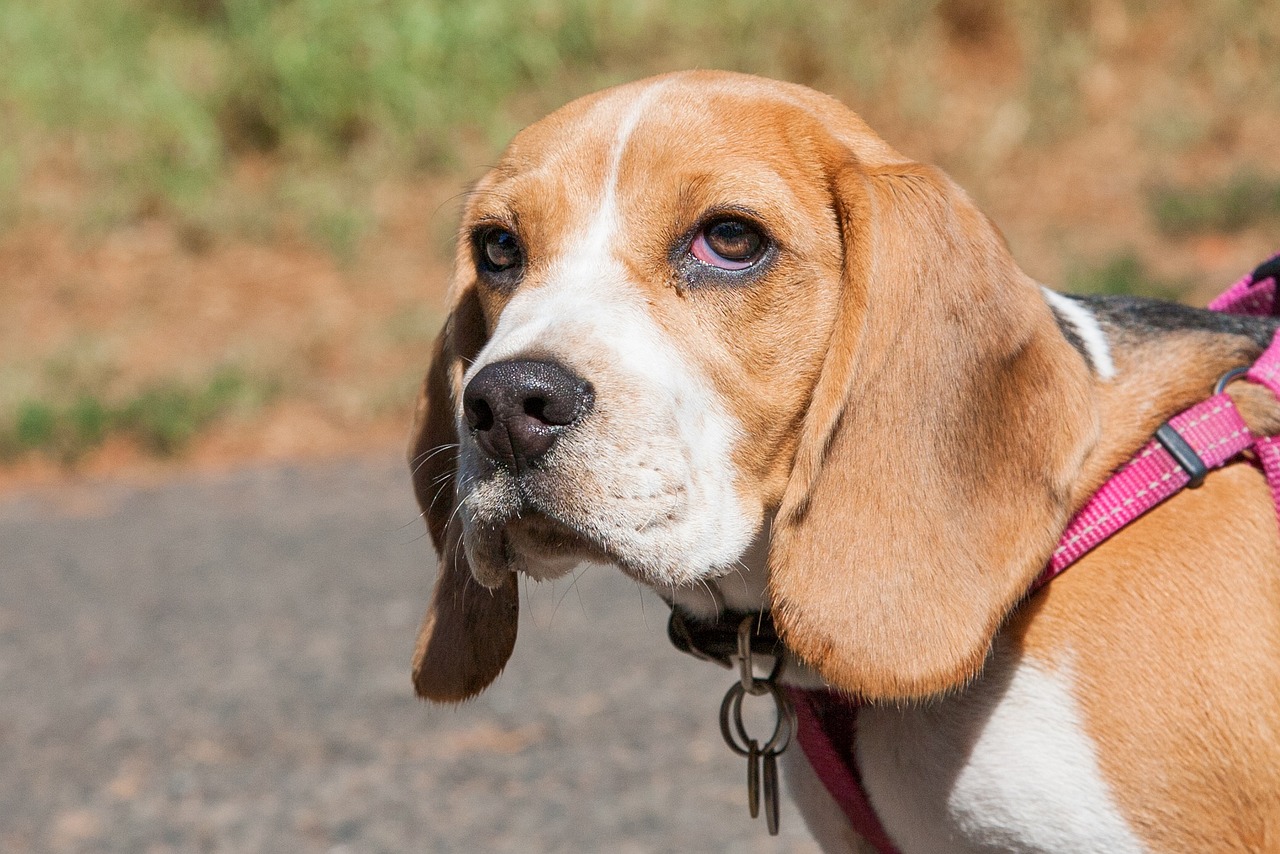
11. Poodle
Poodles, whether standard, miniature, or toy, are celebrated not only for their intelligence but also for their longevity and overall health. They are prone to some genetic ailments like hip dysplasia and epilepsy, but these are less common compared to other breeds. Their curly coats are hypoallergenic, and with proper care and regular check-ups, Poodles can lead long, healthy lives.

12. Chihuahua
Chihuahuas may be one of the smallest dog breeds, but they are also among the longest-lived, often reaching up to 16 years or more. They are relatively healthy, though their size makes them susceptible to issues like hypoglycemia and dental problems due to their small mouths. Proper care and regular veterinary visits can help manage these issues effectively.

The breeds listed above are generally known for their robust health and vitality. Owning a dog from one of these breeds typically means fewer genetic health issues, but it is important to remember that individual health can vary. Regular veterinary care, a proper diet, and adequate exercise are crucial for any dog’s well-being. Responsible breeding practices and health screening also play vital roles in ensuring these breeds maintain their status as some of the healthiest dogs available.
 Toledo, United States.
Toledo, United States.